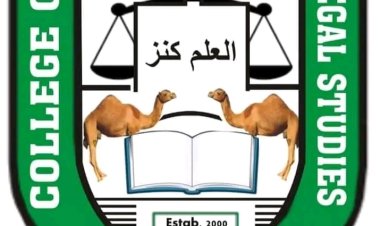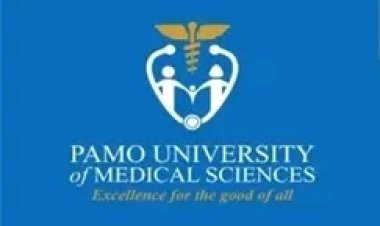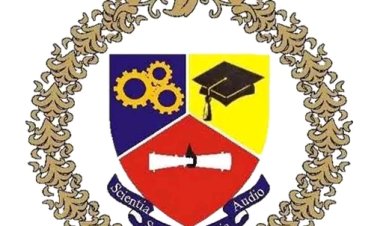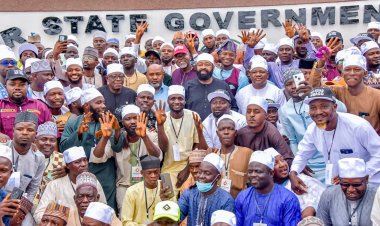Elizade University and African Team Join Forces to Empower 400 Scientists Annually on Biodiversity and Food Security
In a groundbreaking move for science in Africa, a new initiative spearheaded by the African BioGenome Project (AfricaBP) is set to train over 400 scientists each year in cutting-edge genetic research and data analysis.
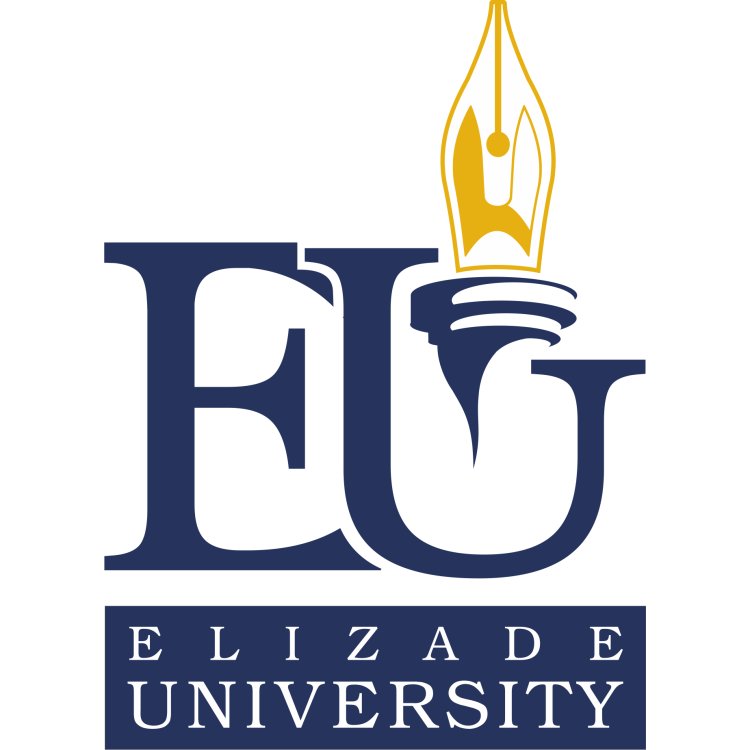
In a groundbreaking move for science in Africa, a new initiative spearheaded by the African BioGenome Project (AfricaBP) is set to train over 400 scientists each year in cutting-edge genetic research and data analysis. The program, led by Associate Professor Dr. Taiwo Crossby Omotoriogun from Elizade University, aims to enhance scientific expertise across the continent and strengthen Africa's position in global genetic research.
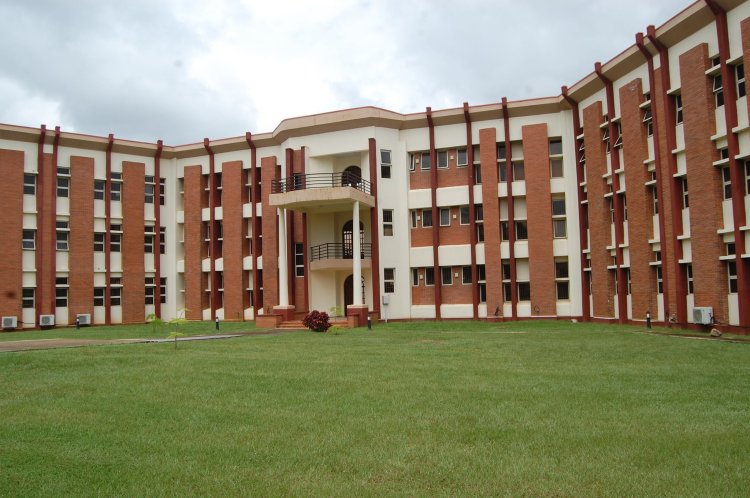
The initiative has already resulted in the creation of fellowships and partnerships, including the African Genome Center and the African Biodiversity Fellowship. These efforts are part of a broader push to boost scientific capacity in biodiversity genomics and bioinformatics, which involves studying the detailed genetic makeup of species to understand biodiversity and track environmental changes.
Throughout 2023, AfricaBP organized a series of workshops across 11 African countries, covering five geographical regions from Morocco to South Africa. These workshops, held under the Open Institute for Genomics and Bioinformatics, attracted over 3,700 participants, with 408 scientists receiving hands-on training in molecular biology, genomics, and bioinformatics. Notably, more than 40% of the attendees were women, demonstrating a commitment to diversity in this field.
The training sessions focused on interpreting genetic data, understanding genetics' role in biodiversity, and addressing social, ethical, and legal issues in genetic research. The workshops were conducted in both English and French, with plans to expand to local languages, making genetics more accessible across the continent.
Professor Anne Muigai, Chair of AfricaBP, highlighted the success of the workshops, noting that they will lay a strong foundation for future genetic research in Africa. A key outcome of the initiative is the African Digital Sequence Information Databank, a new resource for tracking genetic information related to biodiversity and agriculture.
Dr. ThankGod Echezona Ebenezer, one of the program's founders, emphasized the importance of public-private partnerships in advancing scientific research, with plans to expand these efforts in tackling specific genetic challenges faced across Africa.
As AfricaBP continues to grow, this initiative marks a major leap forward for genetic research on the continent, addressing key issues such as biodiversity conservation and food security. The success of the program underscores the importance of sustained investment and collaboration in building a vibrant scientific community across Africa.

 UBA CHIDINMA
UBA CHIDINMA 